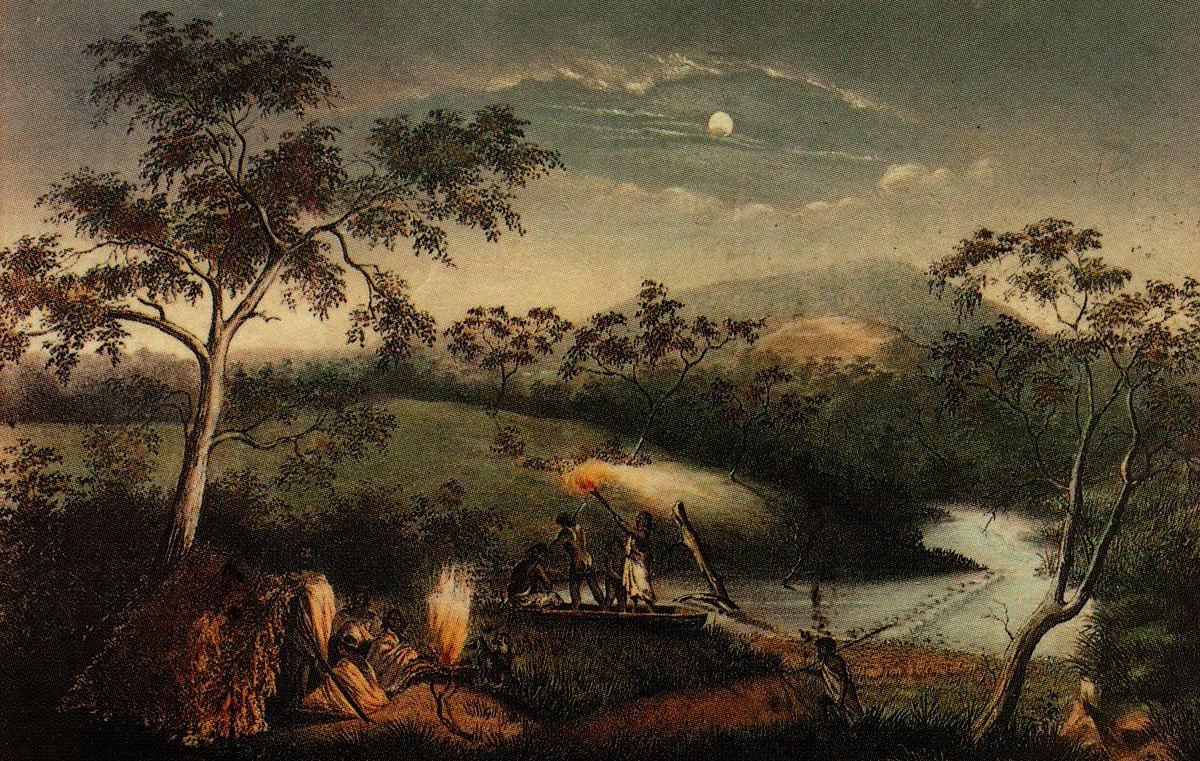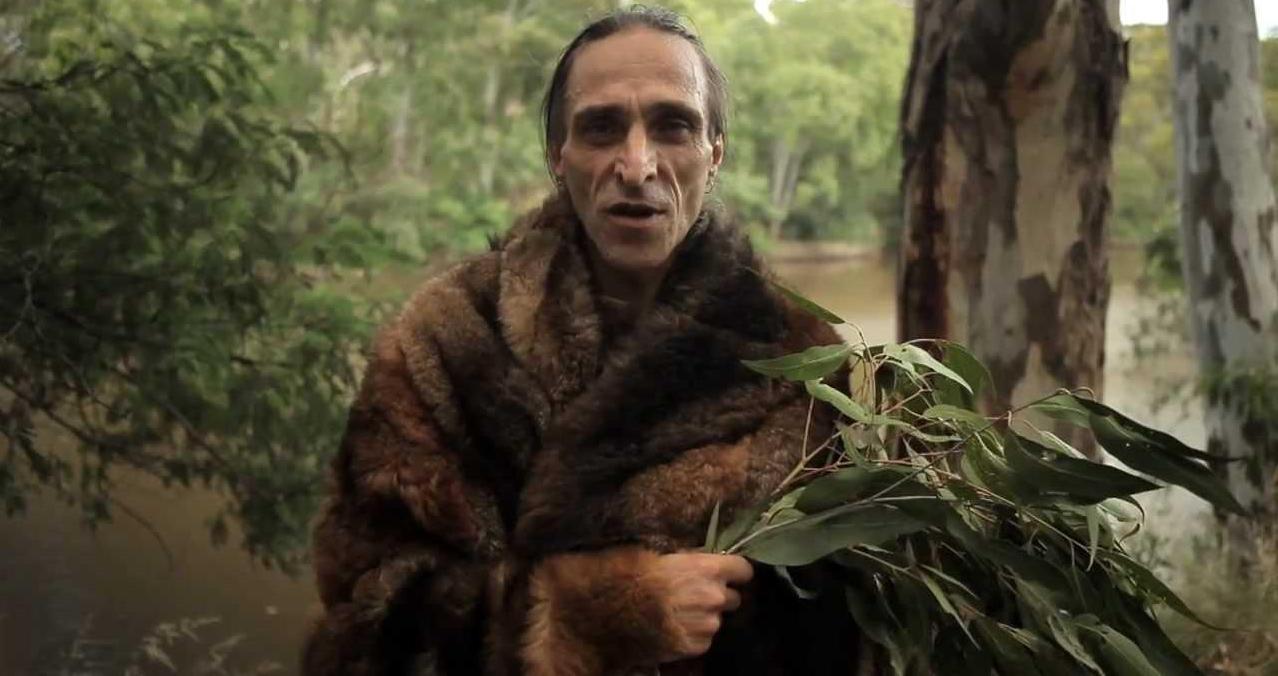For as long as Aboriginal and Torres Strait Islander culture has existed there have been rules and protocols in place for welcoming visitors to Country and acknowledging the Country of others.
Welcome to Country and Acknowledgment of Country are an important part of our culture for many reasons. When practised between different Mobs it shows respect and strengthens ties between communities. When a non-Indigenous person acknowledges country it shows recognition that Aboriginal and Torres Strait Islander peoples are the Traditional Custodians of the land.
It is also important because Country is about more than land. When you welcome or acknowledge Country you are also including the values, resources, stories and cultural obligations associated with that area and its features.
It is important to remember that the way a Welcome or Acknowledgment looks and sounds differs between Mobs and not everyone may practice them.
Welcome to Country
A Welcome to Country is when a Traditional Owner of the land invites you on to their land, explains the Lore of the land and grants you safe passage and protection for your time.
Welcomes are typically performed by Elders or those in leadership roles within the Mob. Sometimes with permission from an Elder, they can be performed by anyone who is a Traditional Custodian.
This Welcome to Country is performed by Wurundjeri Elder Colin Hunter Jr. at the confluence of the Yarra River and Merri Creek.
Acknowledgement of Country
An 'Acknowledgement of Country' is when a visitor to the land acknowledges that they are on the lands of someone else, pays respect to their Elders and their Lore and acknowledges all other Aboriginal and Torres Strait Islanders gathered as a sign of respect.
And acknowledgment can be performed by anyone who is visiting on someone else’s country.
Example of what to say:
I want to acknowledge and pay my respects to the ________ people, the traditional custodians of the land we are gathered on today. I would like to pay my respects to their Elders, past, present and emerging and acknowledge all Aboriginal and Torres Strait Islanders here today and to also may my respects to your Elders, past, present and emerging.



